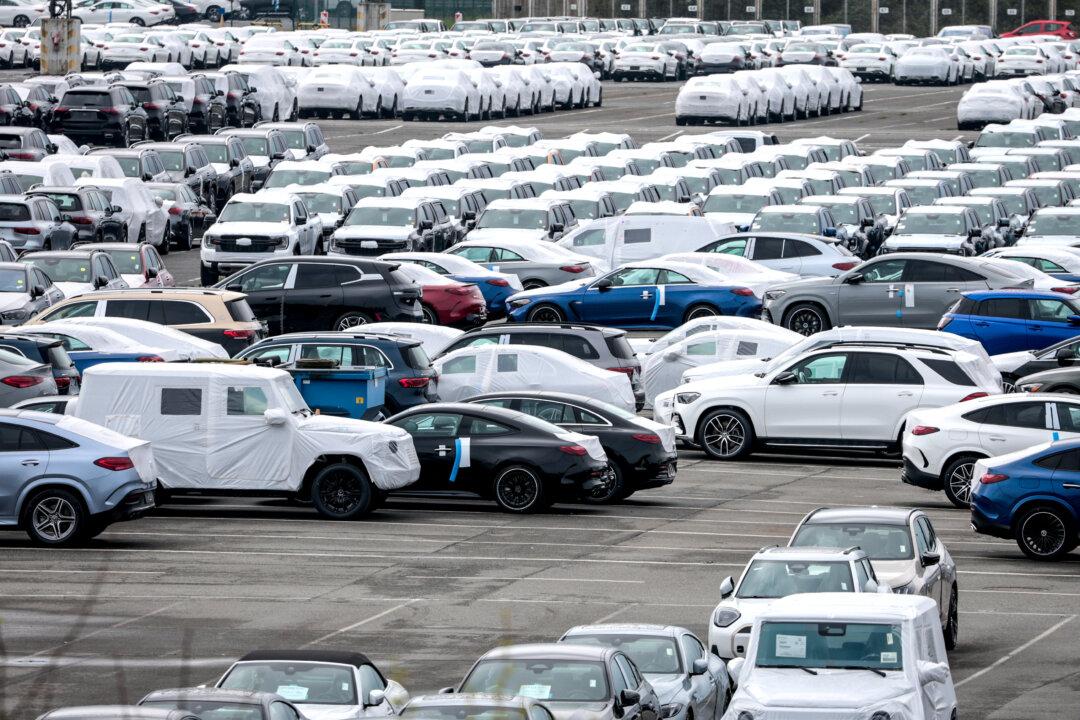President Donald Trump is considering potential tariff exemptions for automakers, a White House official confirmed to The Epoch Times on April 23, following weeks of intense lobbying by industry leaders warning of disruptions to supply chains and rising consumer costs.
Although the official did not provide specifics, the confirmation comes as automakers and suppliers voice growing concerns over the Trump administration’s 25 percent tariff on imported passenger vehicles and light trucks—effective April 3—and a similar 25 percent tariff on auto parts set to take effect by May 3.





